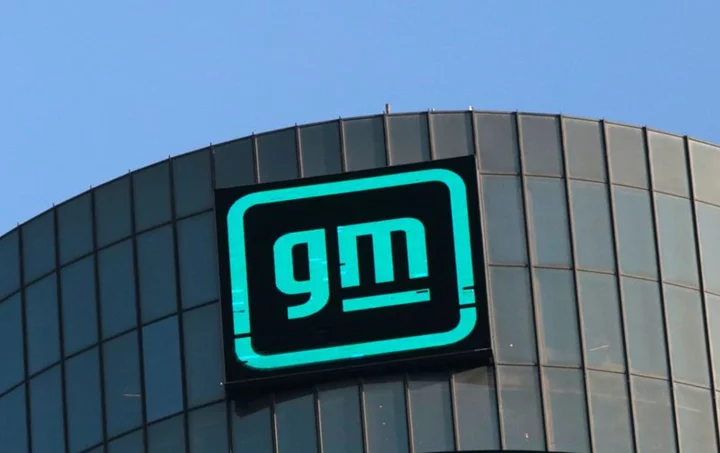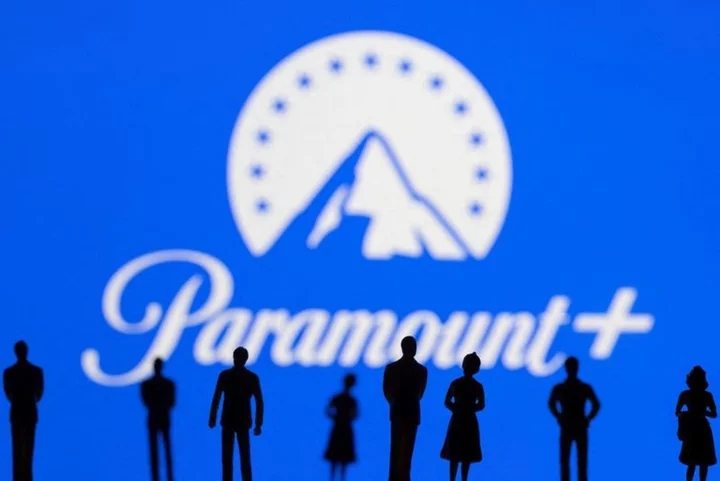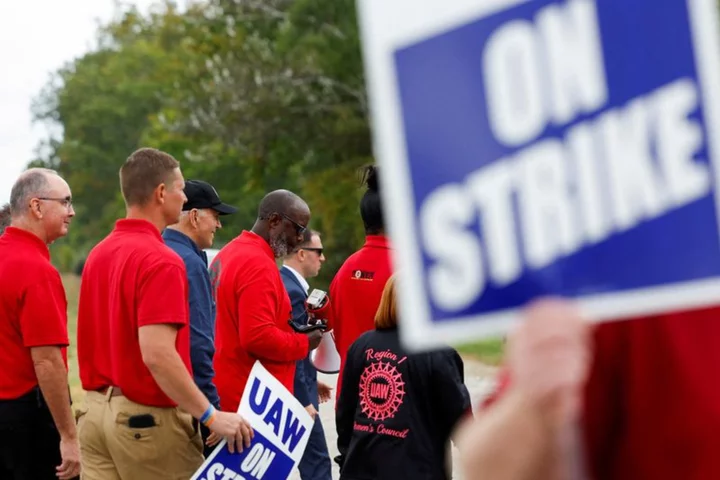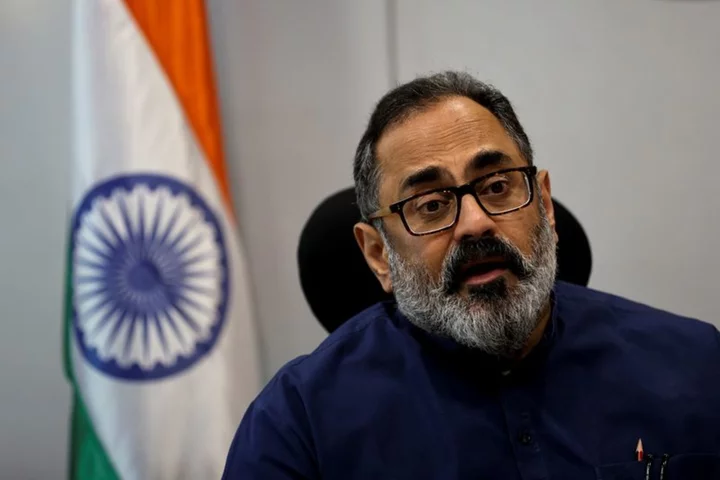By David Shepardson
WASHINGTON General Motors on Thursday said it expects to offer union workers higher wages but granting the United Auto Workers' ambitious contract demands would hurt its ability to make sound business decisions.
The largest U.S. automaker said the proposals "would threaten our ability to do what’s right for the long-term benefit of the team."
The UAW presented its economic demands to Chrysler-parent Stellantis on Tuesday, General Motors on Wednesday and Ford on Thursday ahead of the Sept. 14 expiration of the current four-year contracts.
The union is seeking significant hikes in wages, defined-benefit pensions for all workers and shorter work weeks. It wants to make all temporary workers at U.S. automakers permanent, increase paid time off and restore retiree health care benefits and cost of living adjustments.
GM said, "A fair agreement rewards our employees and also enables GM to maintain our momentum now and into the future... We think it’s important to protect U.S. manufacturing and jobs in an industry that is dominated by non-unionized competition."
The UAW did not immediately comment on GM's statement.
UAW President Shawn Fain on Tuesday said the union demands were its "most audacious and ambitious" proposals in decades."
Fain said CEOs at the Detroit Three saw pay rise by 40% on average over the last four years and singled out GM CEO Mary Barra, who received $29 million in 2022. He said an entry level worker at a GM joint venture battery plant would have to work 16 years to earn as much as she made in a week.
Fain also said the UAW was proposing to have the right to strike over plant closures and to eliminate a two-tier wage system under veteran hires earn 25% or more above newer employees.
(Reporting by David Shepardson in Washington and Shivansh Tiwary in Bengaluru; Editing by Pooja Desai and Cynthia Osterman)









